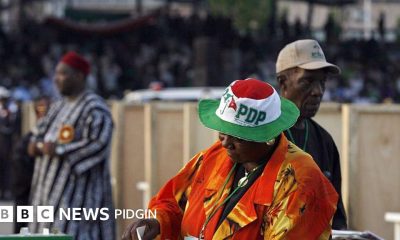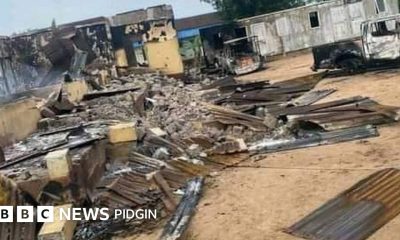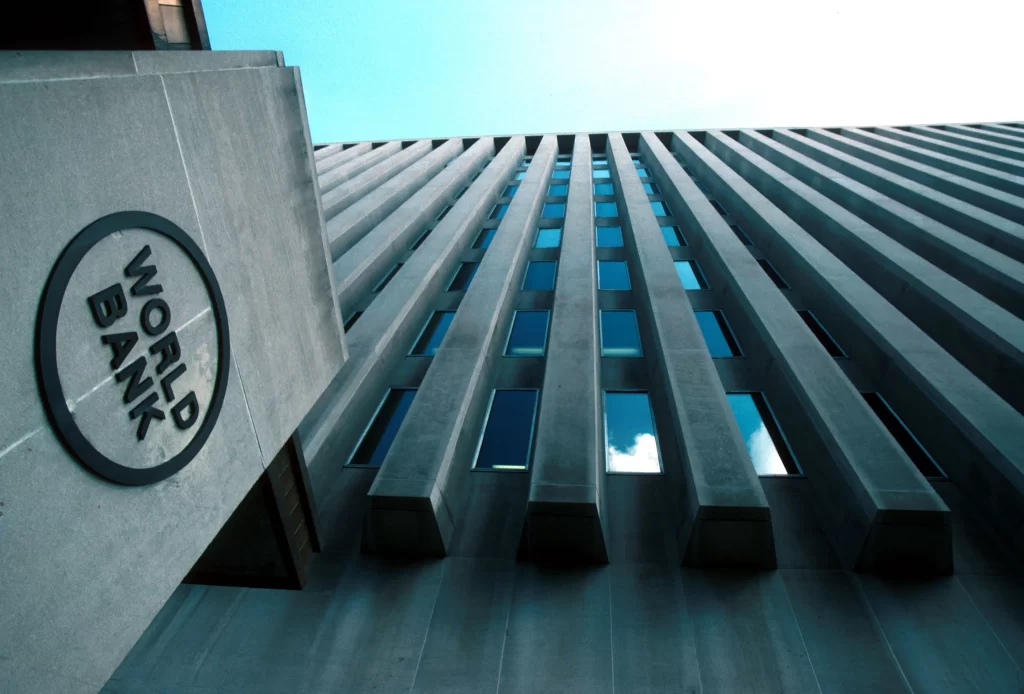The World Bank has reiterated its commitment to providing financial support to the Nigerian government, emphasizing the importance of Nigeria as a key partner in its global development agenda.
According to the World Bank Country Director for Nigeria, Dr. Ndiamé Diop, the institution will continue to approve loans for the country, alongside technical support, to ensure sustainable development and effective implementation of funded projects.
Dr. Diop made these remarks during the launch of the Nigeria Development Update report in Abuja on Thursday.
Responding to questions about the continuation of World Bank loans, Diop affirmed that Nigeria remains a crucial partner, with ongoing collaborations spanning technical assistance and financing.
“Yes, Nigeria is a very important partner of the World Bank. We’ve been providing technical support, as well as financing,” he said, highlighting the close working relationship between the two entities.
Dr. Diop further explained that the World Bank’s engagement with Nigeria goes beyond mere financial assistance. The institution provides technical expertise and implementation assistance to ensure that projects are delivered successfully and according to plan. “It’s not just about financing,” he emphasized.
“It’s also about implementation and ensuring that you achieve results from that financing, enabling institutions and individuals so that we can achieve sustainability goals.”
READ ALSO: World Bank approves fresh $1.57 billion support fund for Nigeria
He noted that several projects, spanning critical sectors like healthcare, education, and infrastructure, are in the pipeline for the current fiscal year. These projects are aimed at improving human capital and addressing pressing development needs.
“These are government projects implemented mostly by the states, but also by the federal government, covering areas such as human capital, health, primary healthcare, education, rural roads, irrigation, and dam safety,” Diop added.
In addition to long-term development goals, the World Bank is focused on assisting Nigeria in managing its current economic challenges.
Diop pointed out that the institution is committed to supporting small and medium enterprises (SMEs), farmers, and women in communities to help them cope with the rising cost of living. These efforts are designed to alleviate the impact of inflation and economic pressure on vulnerable populations.
This commitment was further underlined by the recent approval of three new projects for Nigeria, totaling $1.57 billion in financing.
As reported by Nairametrics, the funding package, approved on September 26, 2024, is part of the World Bank’s broader efforts to strengthen Nigeria’s human capital, improve governance, and enhance resilience to climate threats.
The package includes a $1.5 billion loan and a $70 million grant.
The newly approved projects reflect the World Bank’s enduring commitment to supporting Nigeria’s development across various sectors.
By investing in education, healthcare, and water management, the institution aims to bolster Nigeria’s economic and social resilience, while addressing poverty and improving the quality of life for millions.
As Dr. Diop reiterated, the World Bank’s involvement is focused on ensuring that its financing delivers sustainable results that align with Nigeria’s development priorities.

 Latest2 days ago
Latest2 days ago
 Trends3 days ago
Trends3 days ago
 Energy7 days ago
Energy7 days ago
 Latest1 week ago
Latest1 week ago
 Education7 days ago
Education7 days ago
 Business5 days ago
Business5 days ago
 Football5 days ago
Football5 days ago
 Crime1 week ago
Crime1 week ago

